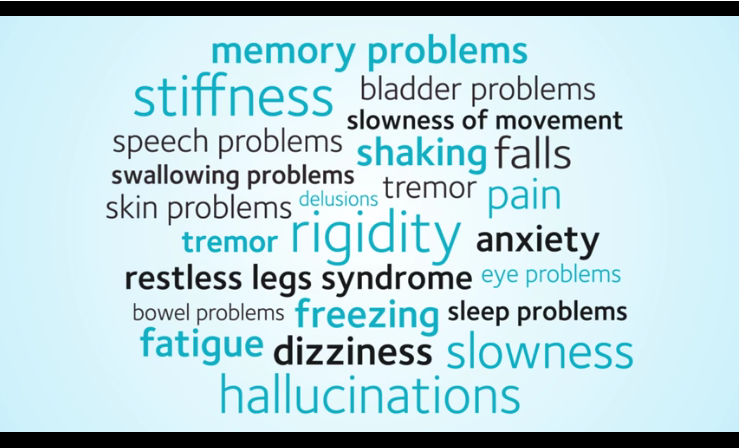How Does Dopamine Affect Parkinson’s Disease?

In this educational video from Parkinson’s UK, we find out more about Parkinson’s disease. The film explains that Parkinson’s disease develops in the substantia nigra part of the brain when the cells begin to die. These cells produce dopamine and the loss of dopamine in the brain leads to issues with movement.
Cancer drug raises dopamine levels and eases Parkinson’s symptoms in early clinical trial.
As the disease progresses and the brain has less and less dopamine, the symptoms of the disease become more apparent and the patient develops tremors, difficulty walking, and other issues with movement. Researchers are working on ways to stop or slow down the loss of these dopamine-producing cells so that Parkinson’s disease may be treated and ultimately cured.
Find out more about the signs and symptoms of Parkinson’s disease.
Parkinson’s News Today is strictly a news and information website about the disease. It does not provide medical advice, diagnosis or treatment. This content is not intended to be a substitute for professional medical advice, diagnosis, or treatment. Always seek the advice of your physician or another qualified health provider with any questions you may have regarding a medical condition. Never disregard professional medical advice or delay in seeking it because of something you have read on this website.






